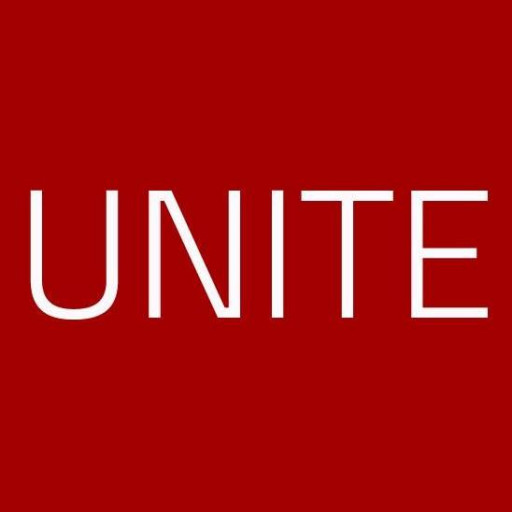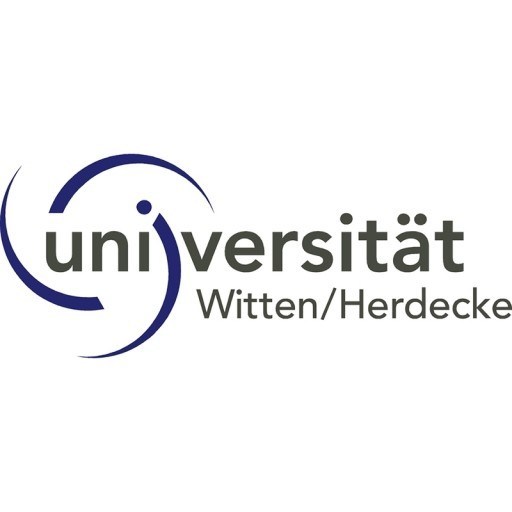Photos of university / #vuamsterdam
The Master's program in Law and Politics of International Security at Vrije Universiteit Amsterdam offers students an in-depth understanding of the legal, political, and security challenges faced by the international community today. This interdisciplinary program combines insights from international law, political science, and security studies to prepare graduates for careers in international organizations, governmental agencies, NGOs, or academia. Throughout the program, students explore topics such as peacekeeping operations, international humanitarian law, counter-terrorism, arms control, and human rights protection. The curriculum emphasizes critical analysis of current issues, international legal frameworks, and policy development, enabling students to assess and respond to complex security problems. The program features a blend of theoretical coursework, case studies, and practical exercises, often involving cooperation with international actors and institutions. Students are encouraged to develop their research skills and produce a master’s thesis on a topic of their choice under supervision from experienced faculty. The program also emphasizes the importance of cultural understanding and ethical considerations in international security. With its diverse student body and faculty expertise, the program provides a dynamic learning environment that fosters debate and critical thinking. Graduates of this program are well-equipped to tackle the challenges of international security policy formulation, legal analysis, and operational planning in a global context, making them valuable assets in the fields of diplomacy, security analysis, and international law. The program’s location in Amsterdam offers unique opportunities for engagement with international institutions and NGOs, contributing to a truly global educational experience.
The Master's programme in Law and Politics of International Security at Vrije Universiteit Amsterdam offers an comprehensive and interdisciplinary education designed to prepare students for careers in international security policy, diplomacy, and academia. The programme combines the legal, political, and security dimensions of global issues, providing students with a deep understanding of the mechanisms governing international peace and stability. Throughout the programme, students explore key topics such as international law, conflict resolution, peacebuilding, security governance, human rights, and the role of international organizations like the United Nations and NATO. They analyze case studies involving contemporary security challenges, including terrorism, cyber security, military interventions, and environmental threats. The curriculum emphasizes both theoretical frameworks and practical skills, enabling students to critically assess international security policies and develop effective strategies for conflict prevention and resolution.
Students have the opportunity to engage in research projects, internships, and discussions with experts in the field, which enhances their practical understanding and professional network. The programme also encourages a comparative approach, examining how different regions and cultures address security issues. Language courses and electives allow for specialization and personalization of the learning experience. Graduates are equipped with key competencies such as analytical thinking, policy analysis, negotiation, and diplomatic communication. They are prepared to work in international organizations, governmental agencies, NGOs, or pursue further academic research. The multicultural classroom environment fosters an international perspective, critical thinking, and intercultural competence, essential for success in the complex and interconnected world of international security. This programme aims to cultivate informed and responsible global citizens capable of contributing effectively to the maintenance and promotion of international peace and security.
Admission requirements
The main focus of selection will be on GPA or an overall grade average. Students must at least have a B+ or 7.8 as an overall average or a GPA of at least 3.25.
Other requirements
- gemiddeld cijfer The main focus of selection will be on GPA or an overall grade average. Students must at least have a B+ or 7.8 as an overall average or a GPA of at least 3.25.
- taaltoets cijfer VU University Amsterdam requires all applicants to take an English test and to submit their score as a part of the application. Exceptions are made for students who have completed their education in Canada, USA, UK, Ireland, New Zealand or Australia. For Dutch students or students already residing in the Netherlands it's possible to take the institutional TOEFL test that the VU University Amsterdam offers.
- vooropleiding (ISPAC: vereiste vooropleiding) Applicants must have a Bachelor's or equivalent degree in Law, Social Sciences or Liberal Arts, and a basic knowledge of international law or international relations theory.
- schriftelijk verzoek The specialization in Law and Politics of International Security is open to both Dutch and international students. It is up to the Admissions Board to decide on the selection of students. Each year the programme is open to a limited number of students only. Applicants must have a Bachelor's or equivalent degree in Law, Social Sciences or Liberal Arts, and a basic knowledge of international law or international relations theory. Students also need to hand in several additional documents, like a cv and motivation letter. For more information on admission, see www.law.vu.nl/lpis
The financing options for the Law and Politics of International Security master's program at Vrije Universiteit Amsterdam primarily include tuition fees and potential scholarships or financial aid opportunities. In terms of tuition fees, international students are generally charged a higher rate compared to Dutch students. For the academic year 2023-2024, the tuition fee for non-EU/EEA students is approximately €18,400 per year, while students from the Netherlands and EU/EEA countries typically pay around €2,209 annually. These fees cover the cost of instruction, access to learning resources, and administrative expenses.
Students are encouraged to explore various scholarship opportunities offered by Vrije Universiteit Amsterdam, which may include partial or full tuition waivers based on academic merit, financial need, or specific eligibility criteria such as country of origin or field of study. Additionally, there are external scholarship programs and funding options available through Dutch government initiatives, international organizations, and the student’s home country that can help offset the costs associated with studying abroad.
Students might also consider student loans and bursaries provided by their own governments or international financial institutions, designed to support students pursuing postgraduate education in the Netherlands. It is recommended to start early and carefully review the eligibility requirements and application procedures for these financial aid options. Furthermore, part-time work opportunities are available in the Netherlands for international students, which can supplement funding but should be balanced with academic commitments.
Living expenses in Amsterdam, including accommodation, food, transport, and personal costs, should also be factored into the overall budget; these are estimated to be around €12,000-€15,000 per year. The university provides guidance and resources to help students plan their finances effectively, including workshops, financial advising, and information about affordable housing options.
In summary, financing a master's program at Vrije Universiteit Amsterdam involves understanding tuition fees, exploring scholarships and financial aid, considering work opportunities, and planning for living costs. Prospective students are advised to consult the university’s official website and financial aid office for the most current and personalized financial planning information.
The Master's programme in Law and Politics of International Security at Vrije Universiteit Amsterdam is designed to provide students with a comprehensive understanding of the legal and political frameworks that underpin international security. The programme focuses on key issues such as international law, security policies, conflict resolution, and the role of international organizations. It aims to equip students with the analytical skills necessary to critically assess global security challenges, including terrorism, cyber security, proliferation of weapons of mass destruction, and peacekeeping operations. The curriculum includes a mix of core courses, electives, and a master's thesis, allowing students to tailor their learning to their interests and career goals. Students will gain expertise in international treaties, humanitarian law, conflict management, and the political dynamics of security policies. The programme also emphasizes the development of practical skills through simulations, case studies, and internships, preparing graduates for careers in international organizations, NGOs, government agencies, or academic research. The teaching staff consists of experienced academics and practitioners in the fields of law and international security, offering students valuable insights from both theoretical and practical perspectives. Amsterdam's vibrant, multicultural environment further enriches the learning experience by providing a diverse international community. The programme typically lasts one year (full-time) or two years (part-time), with intake once a year. Admission requirements include a relevant bachelor's degree, proficiency in English, and motivation for working in international security. Graduates of this programme will be well-equipped to contribute to policy development, diplomatic negotiations, and legal analysis related to international security issues.






